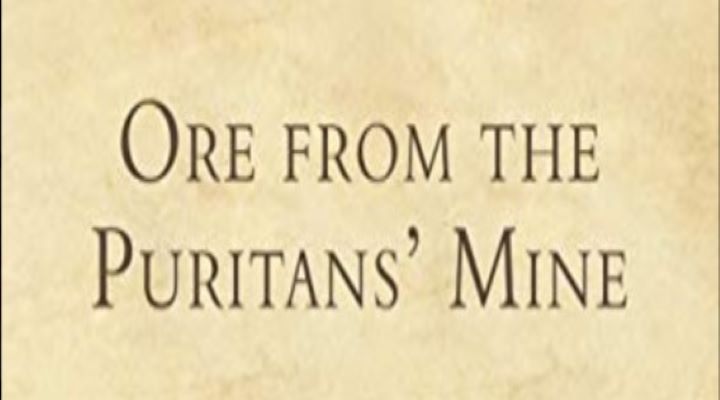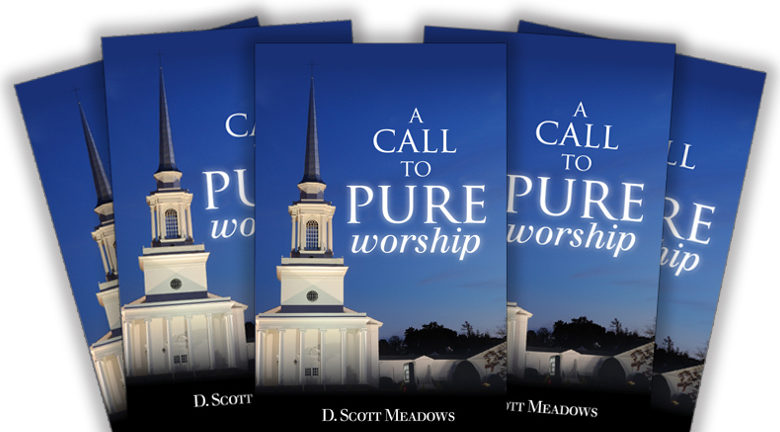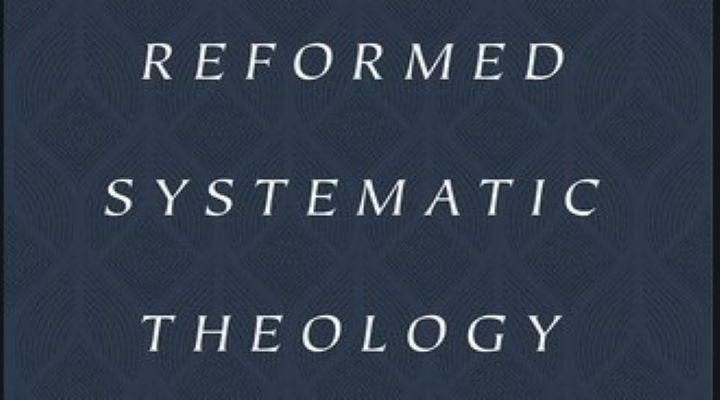Smith, Dale W. Ore From the Puritans’ Mine: The Essential Collection of Puritan Quotations Grand Rapids: Reformation Heritage Books, 2020. 680 pp. $55.00.
Biographical Sketch of the Editor
Dale W. Smith holds a PhD from the University of Missouri Kansas City. He has served as a pastor for over 20 years.
Introduction
In the past half century, the evangelical world has seen renewed interest and exposure to a group of 16th and 17th Century Christians who became known as the Puritans. Known for their piety and theological conviction, they eventually became known more as dour, legalistic, kill-joys. Thankfully, the recent resurgence of Puritan writings has helped to set the record straight on how warm and edifying the Puritans could actually be.
In his forward to the volume, Joel R. Beeke (Puritan Reformed Theological Seminary) explains the appeal and benefits of reading the Puritans. He writes, “The Puritans are masters at discipling God’s children into spiritual maturity and adulthood (x).” As always, Beeke is careful to recognize the Puritans’ weaknesses and blind spots (ix).
A Puritan Sampler Platter
In Ore From the Puritans’ Mine, the reader encounters a kind of sampler platter of Puritanism, similar to what Charles Spurgeon and others have done. This volume is unique in that Smith has also included references to the original sources so that readers can look them up for greater context and further reading. He explains that the book originally came about first through his own devotional reading of the Puritans, then as a help to his congregants, and finally as a thorough resource on the Puritans (xv-xvi).
One of the unavoidable shortcomings to a book like this is that not every topic or author can be covered equally. I can report that this is the case with Ore From the Puritans’ Mine. For example, there are over 70 quotes covering variations on the theme of “Affliction” (9-23). By contrast, I found only 7 entries on “Adoption” (5-6), which was disappointing since Dr. Beeke himself has shown that the Puritans have been an untapped resource for writings on the doctrine. To be clear, some imbalance is unavoidable in a book like this and does not detract from its overall usefulness.
Perhaps one of the most powerful quotes in this book is found in the entries for “Grace.” In John Flavel’s, Fountain of Life, he writes “Think not that because Christ hath done so much for you, you may sit still, much less indulge yourselves in sin, because Christ offered up such an excellent sacrifice for the expiation of it. No, though Christ came to be a curse, He did not come to be a cloak for your sins (223).”
Conclusion
Dale W. Smith has obviously put a remarkable amount of work into compiling the best of Puritan writings in Ore From the Puritans’ Mine. The subject matter, as well as the choice of cover art, makes this volume a great compliment to the publisher’s previous books, A Puritan Theology and Meet the Puritans. This book will serve effectively as a scholarly resource, as personal devotional reading, or as material for family worship. Highly recommended.
A copy of this book was provided by the publisher in exchange for an honest review.






Robert, thank you very much for the kind words, brother. That sincerely means a lot to me that your spirit…